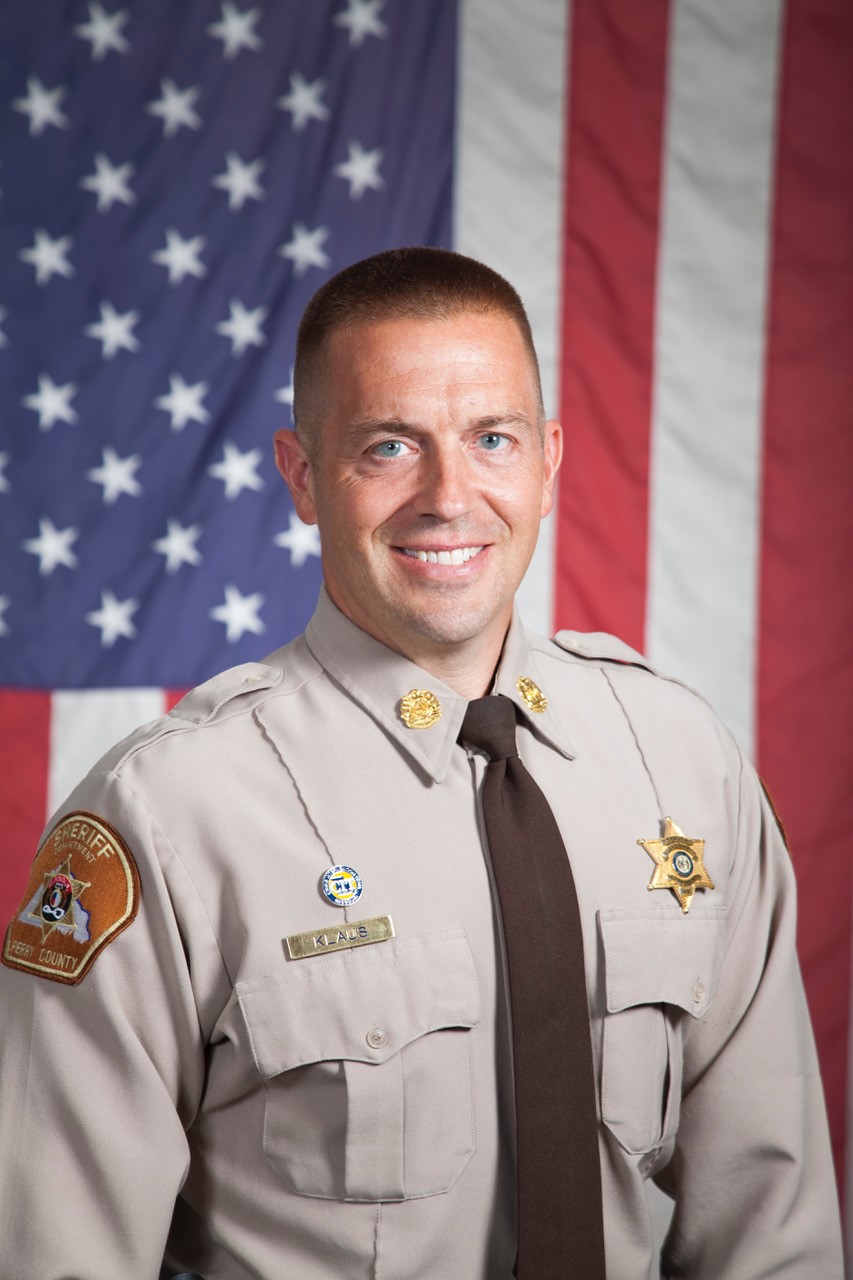Puch, Justin, M.A., LPC
| Justin Puch is a Licensed Professional Counselor and attended the University of Kansas for his degree in Sociology with Honors in Family Research. Justin attended the Midwestern Baptist Theological Seminary in Kansas City where her earned his Masters in Counseling. Justin specializes in marital, family and child counseling. Justin has been trained in The Gottman Method for marital and couples counseling. He also loves to work with families that are dealing with blended family issues, communication, crisis, attachment / adoption issues, and parenting techniques. Justin works with kids (8 and older) , adolescents and young adults. Justin uses Play Therapy, Cognitive Behavioral Therapy (CBT), as well as other techniques to help with anxiety, depression, addiction, bipolar, oppositional behavior, and attachment / trauma issues. Justin is married and has two boys. Justin is an avid KU fan and loves to travel. |
Presentation(s):
| Treating Anxiety in Children and Adolescents |






